Molecular biology is revolutionizing veterinary medicine, offering new insights and innovative treatments that are transforming pet care. By delving into the genetic makeup of animals, molecular biologists are uncovering the roots of various diseases, enabling early diagnosis and the development of targeted therapies. This article explores the pivotal role of molecular biologists in veterinary medicine, highlighting significant advances in genetic research, innovative diagnostic techniques, and the creation of molecular biomarkers. Through detailed case studies, we will examine successful implementations of these cutting-edge methods in pet care. Additionally, we will discuss the challenges faced by researchers and anticipate future trends that promise to further enhance the health and well-being of our pets.
Join dominure.com for an in-depth exploration of this topic.
1. Role of Molecular Biologists in Veterinary Medicine
Molecular biologists play a critical role in veterinary medicine by applying their expertise in genetics, biochemistry, and cellular biology to enhance our understanding of animal health and disease. They investigate the molecular underpinnings of various conditions, identifying genetic mutations and biomarkers that can predispose pets to specific illnesses. This research is essential for developing preventive measures, early diagnostic tools, and personalized treatment plans tailored to the unique genetic profile of each animal.
In veterinary medicine, molecular biologists work closely with veterinarians to translate their findings into practical applications. They contribute to the development of vaccines, the improvement of disease resistance in animals through genetic modifications, and the creation of novel therapies that target specific molecular pathways. Their work extends beyond individual pets, impacting public health by controlling zoonotic diseases that can be transmitted between animals and humans.
Furthermore, molecular biologists are at the forefront of advancements in regenerative medicine and gene therapy, offering promising solutions for previously untreatable conditions. Through their continuous research and collaboration with veterinary professionals, molecular biologists are paving the way for a new era of precision medicine in veterinary care, ensuring healthier and happier lives for pets.
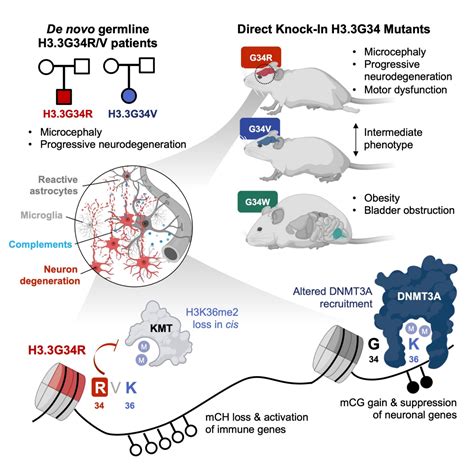
2. Advances in Genetic Research and Its Impact on Pet Health
Genetic research has profoundly impacted pet health by uncovering the genetic basis of numerous diseases and conditions. Advances in genomics have enabled scientists to sequence the genomes of various animal species, leading to the identification of specific genes associated with hereditary diseases. This knowledge allows for early detection and preventive measures, significantly improving the quality of life for pets.
One major breakthrough is the development of genetic tests that can screen for predispositions to conditions such as hip dysplasia in dogs or hypertrophic cardiomyopathy in cats. These tests enable breeders to make informed decisions, reducing the incidence of these diseases in future generations. Additionally, genetic research has facilitated the creation of personalized treatment plans, where therapies are tailored to an individual pet’s genetic makeup, enhancing their effectiveness and reducing adverse reactions.
Overall, the strides made in genetic research are revolutionizing veterinary care, offering new ways to diagnose, treat, and prevent diseases, ultimately leading to healthier and happier pets.
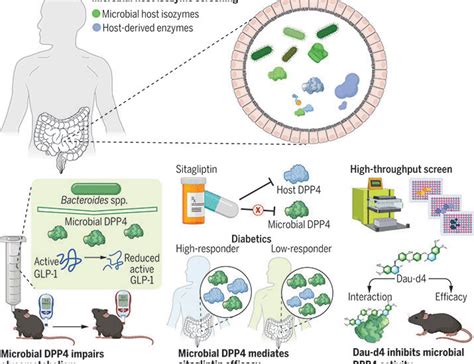
3. Innovations in Disease Diagnosis Through Molecular Techniques
Innovations in molecular techniques have significantly advanced the diagnosis of diseases in veterinary medicine. These cutting-edge methods allow for the detection of diseases at a molecular level, often before clinical symptoms manifest, enabling earlier and more accurate diagnoses. Techniques such as polymerase chain reaction (PCR) and next-generation sequencing (NGS) have revolutionized the way veterinarians identify pathogens and genetic abnormalities in pets.
PCR is widely used to amplify and detect specific DNA or RNA sequences, making it a powerful tool for diagnosing infectious diseases. It allows for the rapid identification of viral, bacterial, and parasitic infections, providing timely and precise information that guides treatment decisions. NGS, on the other hand, offers comprehensive insights into the genetic makeup of pets, revealing mutations and genetic predispositions to various diseases. This technique has proven invaluable in diagnosing complex genetic disorders and cancers.
Furthermore, molecular imaging techniques, such as positron emission tomography (PET) and magnetic resonance imaging (MRI) with molecular tracers, enable the visualization of molecular changes within tissues, aiding in the early detection and monitoring of diseases. These innovations not only improve diagnostic accuracy but also facilitate the development of targeted therapies, ultimately enhancing the overall health and well-being of pets.
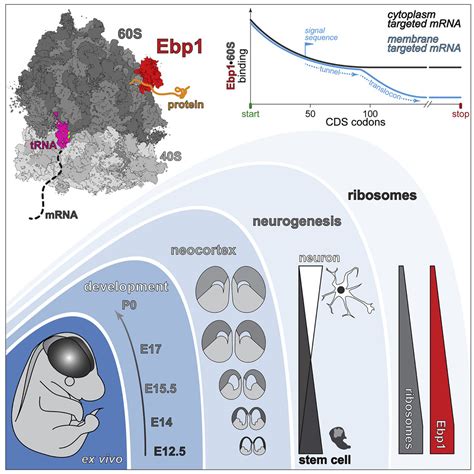
4. Development of Targeted Therapies for Pets
The development of targeted therapies for pets has been a game-changer in veterinary medicine, offering more precise and effective treatment options for various diseases. Targeted therapies are designed to interact with specific molecular targets involved in disease processes, minimizing damage to healthy tissues and reducing side effects compared to traditional treatments.
One of the most notable advancements is the use of monoclonal antibodies. These laboratory-produced molecules can bind to specific proteins on cancer cells, effectively marking them for destruction by the pet’s immune system. This approach has shown significant success in treating cancers like lymphoma and mast cell tumors in dogs. Similarly, targeted small-molecule drugs are being developed to inhibit specific enzymes or signaling pathways that are overactive in certain cancers and genetic disorders.
Gene therapy is another promising area, where defective genes are corrected or replaced to treat genetic diseases. For instance, ongoing research is exploring gene therapy for conditions like muscular dystrophy and retinal diseases in dogs and cats. This innovative approach aims to address the root cause of genetic disorders, offering long-term and potentially curative solutions.
Additionally, personalized medicine, which tailors treatments based on an individual pet’s genetic makeup, is becoming more prevalent. By analyzing a pet’s genetic profile, veterinarians can select the most effective and least toxic therapies, enhancing treatment outcomes and quality of life.
These targeted therapies represent a significant leap forward in veterinary care, providing pets with advanced, customized treatments that improve their health and longevity.
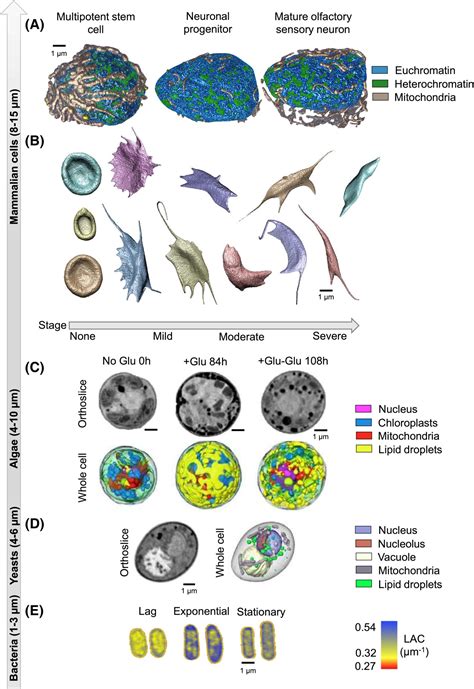
5. Molecular Biomarkers and Their Applications in Veterinary Medicine
Molecular biomarkers have become invaluable tools in veterinary medicine, aiding in the diagnosis, prognosis, and treatment of various diseases. Biomarkers are measurable indicators of biological processes, often at the molecular level, that can provide critical insights into an animal’s health status.
One key application of molecular biomarkers is in the early detection of diseases. Biomarkers can reveal the presence of diseases such as cancer, heart disease, and infections long before clinical symptoms appear. For example, specific proteins or genetic mutations associated with cancers can be detected through blood tests, allowing for earlier intervention and improved treatment outcomes.
Prognostic biomarkers are equally important, providing information about the likely course of a disease. By identifying markers that indicate disease progression or response to treatment, veterinarians can tailor their therapeutic strategies to each individual pet, enhancing the effectiveness of the interventions. For instance, certain biomarkers can predict how a pet will respond to chemotherapy, enabling more personalized and effective cancer treatment plans.
Therapeutic monitoring is another crucial application, where biomarkers are used to assess the effectiveness of ongoing treatments. Monitoring changes in biomarker levels can help veterinarians adjust dosages or switch therapies, ensuring optimal care and minimizing adverse effects.
Furthermore, molecular biomarkers facilitate the development of new therapies by providing targets for drug discovery and development. By understanding the molecular basis of diseases, researchers can design drugs that specifically interact with these targets, leading to more effective and safer treatments.
Overall, the use of molecular biomarkers in veterinary medicine represents a significant advancement, offering more precise and individualized care for pets, ultimately improving their health and well-being.
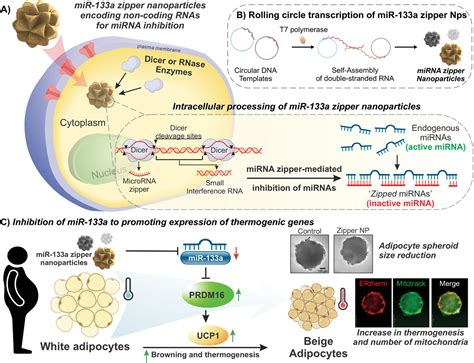
6. Case Studies: Successful Implementations of Molecular Biology in Pet Care
Case studies in veterinary medicine highlight the successful implementation of molecular biology, showcasing its transformative impact on pet care. One notable example is the use of monoclonal antibodies in treating canine lymphoma. A dog diagnosed with this aggressive cancer received targeted therapy, leading to a significant reduction in tumor size and prolonged remission, exemplifying the efficacy of molecular-targeted treatments.
Another case involves genetic testing for hypertrophic cardiomyopathy (HCM) in cats. Early genetic screening identified a Maine Coon cat at high risk for HCM, allowing for timely intervention and tailored management, significantly enhancing the cat’s quality of life and lifespan.
In another instance, a dog suffering from a severe, undiagnosed infection underwent PCR testing, which rapidly identified the specific bacterial pathogen. This precise diagnosis enabled the veterinarian to administer the most effective antibiotic, leading to a swift recovery.
Furthermore, gene therapy has shown promise in treating retinal diseases in dogs. A Labrador Retriever with a hereditary retinal condition received gene therapy, resulting in restored vision and an improved quality of life.
These case studies underscore the profound impact of molecular biology in diagnosing, treating, and managing various health conditions in pets, demonstrating its potential to revolutionize veterinary medicine.
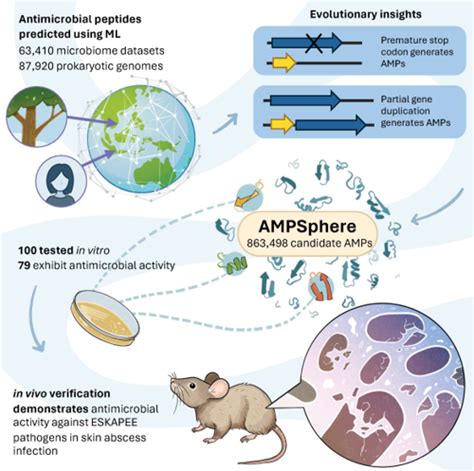
7. Challenges and Limitations Faced by Molecular Biologists in Veterinary Research
Despite the significant advancements brought by molecular biology in veterinary medicine, researchers face several challenges and limitations. One major hurdle is the complexity and variability of animal genomes compared to human genomes. Unlike human genetics, which is extensively studied, many animal genomes are less understood, making it difficult to identify relevant biomarkers and develop effective treatments. This lack of comprehensive genomic data can slow the progress of research and the development of targeted therapies.
Additionally, the high cost of advanced molecular techniques, such as next-generation sequencing and sophisticated imaging, poses a significant barrier. These technologies require substantial investment in equipment and training, which can limit their accessibility, particularly in smaller veterinary practices or research institutions.
Ethical considerations also present challenges. For instance, the use of gene editing technologies raises concerns about potential long-term effects on animal welfare and biodiversity. Researchers must navigate these ethical issues while ensuring that their work adheres to strict guidelines and regulations.
Finally, translating laboratory findings into practical, widely applicable treatments can be difficult. Even when successful in research settings, new therapies must undergo rigorous testing and regulatory approval before they can be implemented in clinical practice, which can delay their availability to pet owners.
These challenges highlight the need for continued research, collaboration, and investment to overcome barriers and fully realize the poten
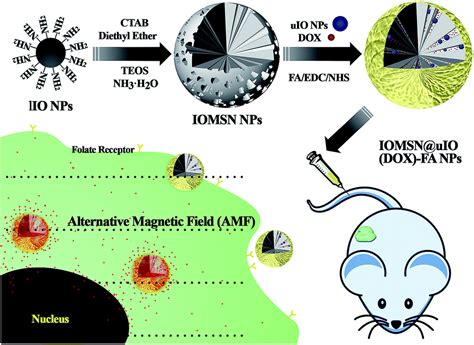
8. Future Trends in Molecular Biology and Their Potential Impact on Pet Health
Future trends in molecular biology are poised to further transform pet health with exciting advancements on the horizon. One promising trend is the increased use of personalized medicine, where treatments are tailored to the genetic profiles of individual pets. This approach promises more effective and targeted therapies, minimizing adverse effects and improving outcomes.
Advances in gene editing technologies, such as CRISPR, hold potential for correcting genetic disorders directly at the DNA level, offering new hope for treating inherited diseases. Additionally, the development of advanced molecular imaging techniques will enhance early disease detection and monitoring, allowing for more precise and timely interventions.
The integration of artificial intelligence and machine learning with molecular biology is also expected to drive innovations, enabling faster and more accurate analysis of genetic data. These technologies will enhance our understanding of complex diseases and support the development of novel therapies.
Overall, these future trends in molecular biology are set to revolutionize veterinary medicine, offering more effective, personalized, and timely care for pets, ultimately improving their health and quality of life.
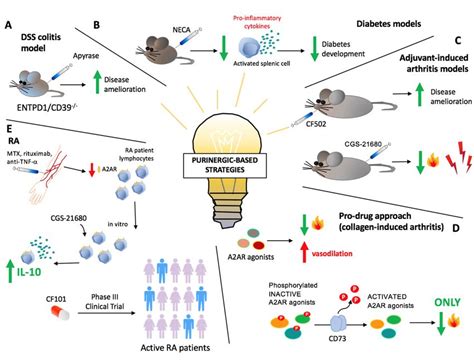
9. Collaboration Between Molecular Biologists and Veterinarians
Collaboration between molecular biologists and veterinarians is crucial for advancing veterinary medicine and improving pet health. Molecular biologists bring expertise in genetics, biochemistry, and advanced research techniques, while veterinarians provide practical insights into animal health, disease management, and clinical needs. This synergy enables the development and application of cutting-edge technologies and treatments in real-world veterinary practice.
Effective collaboration begins with open communication and a shared understanding of goals. Molecular biologists and veterinarians work together to identify pressing health issues, design research studies, and interpret findings in the context of clinical practice. For example, while molecular biologists might discover new genetic markers for a disease, veterinarians can help validate these markers through clinical trials and field studies.
Joint efforts in research also lead to the development of innovative diagnostics and therapies. Molecular biologists can develop new tests and treatment strategies, while veterinarians test these innovations in diverse animal populations, providing valuable feedback on their effectiveness and safety.
Furthermore, this collaboration fosters continuous learning and professional development. Veterinarians stay informed about the latest scientific advancements, while molecular biologists gain practical insights into the challenges faced in veterinary practice. Together, they push the boundaries of what is possible in pet care, ensuring that the latest scientific discoveries translate into tangible benefits for pets.
Ultimately, the partnership between molecular biologists and veterinarians is essential for advancing veterinary medicine, leading to better health outcomes and enhanced quali
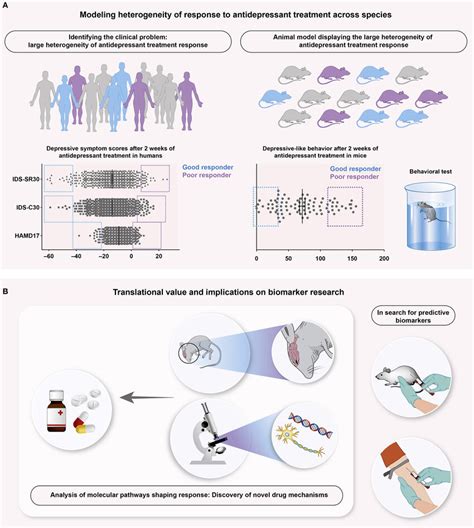
Molecular biology is revolutionizing veterinary medicine, offering groundbreaking advancements in diagnostics, treatments, and personalized care. Through the collaboration of molecular biologists and veterinarians, these innovations promise to enhance pet health and well-being. As research continues to evolve, the future of veterinary medicine holds exciting potential for more effective and targeted pet care.
dominure.com

